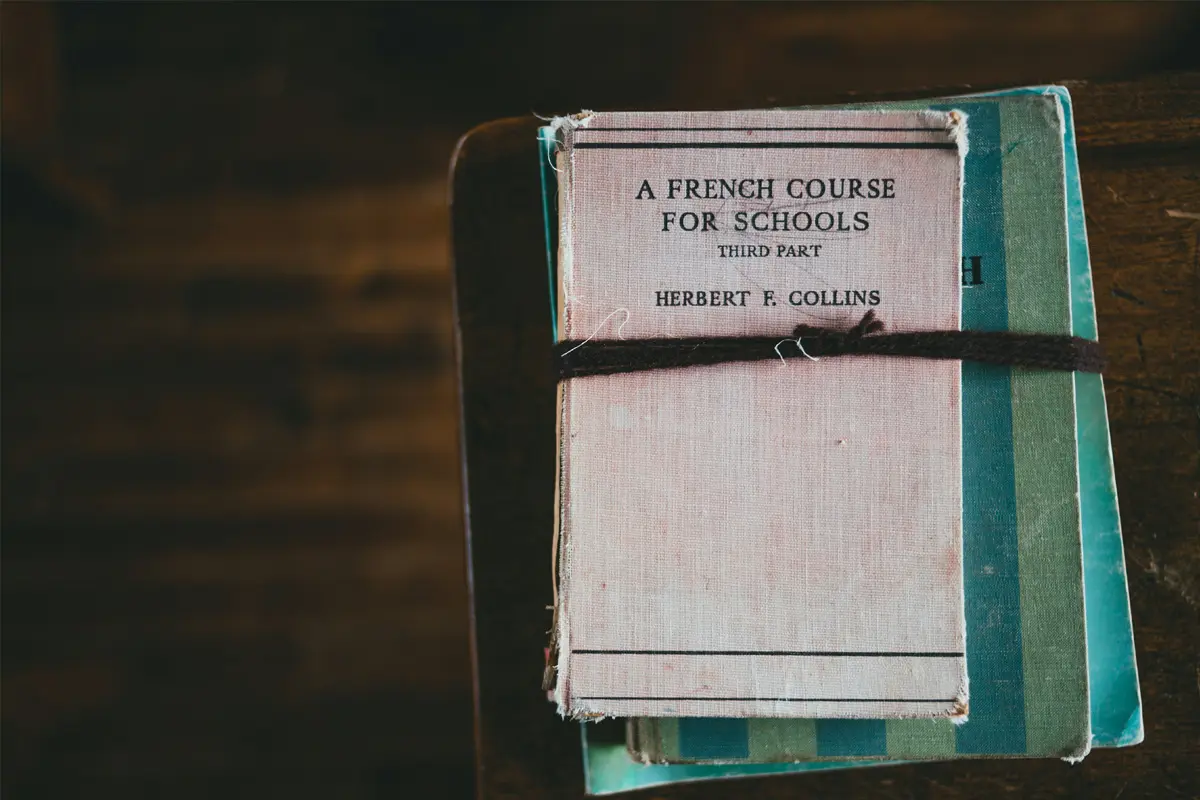
Immersion is not just about location—it’s about intensity.
What Is an Intensive French Course?
An intensive French course is a focused learning program designed to boost your French skills rapidly over a short period. Unlike regular language classes, these courses often run for 4 to 8 hours a day, five days a week, covering speaking, listening, reading, grammar, and culture in a compressed timeframe.
Whether you’re preparing for a DELF exam, a business trip to Paris, or simply tired of slow-paced lessons, going intensive means going all-in.
Who Are Intensive Courses Best Suited For?
Not everyone thrives in fast-paced settings. But if you identify with any of the following, you might benefit:
- You want to speak French fast for a specific deadline.
- You’re studying abroad or planning a move to France/Quebec.
- You’re highly motivated and have the time to commit.
- You’re preparing for language exams or interviews.
Top Benefits of Taking an Intensive French Course
1. Faster Fluency Gains
Studies show that language intensity directly affects acquisition. Daily immersion in French accelerates your progress, improving grammar retention, vocabulary recall, and spoken fluency.
According to a University of Edinburgh study published in PLOS ONE, just one week of intensive language study led to significant cognitive improvements in attention and flexibility, with benefits lasting up to nine months.
2. Structured Learning with a Clear Progress Path
Unlike self-paced apps or scattered YouTube videos, most intensive French programs follow CEFR levels (A1–C2) with clear daily targets and assessments.
This scaffolding ensures:
- Grammar builds progressively.
- Vocabulary is context-rich.
- You see real progress every week.
3. Speaking Practice Every Day
With small class sizes and communicative teaching, you’ll practice speaking French daily with peers and instructors. This helps you:
- Lose fear of making mistakes.
- Learn real-time corrections.
- Develop confidence in real conversations.
4. Cultural Integration
Many in-person courses in France or Quebec offer cultural excursions, café conversations, or market visits. These moments ground language in everyday life.
Some online versions also simulate immersion with live native tutors and virtual environments.
5. Better Results in Exams and Work
If you’re studying for TEF, TCF, or DELF/DALF, intensive French study ensures structured preparation. It’s also a smart option for:
- International students applying to Francophone universities.
- Expats preparing for residency interviews.
- Professionals aiming for bilingual roles.
Online vs In-Person Intensive French Courses
| Format | Advantages | Considerations |
|---|---|---|
| Online | Flexible location, lower cost, access to global tutors | Requires discipline, time zone gaps |
| In-person (France, Canada) | Full immersion, cultural exposure, high motivation | Travel costs, visa/time investment |
Hybrid programs are also emerging—offering live online instruction combined with AI tools and pronunciation software for home practice.
How Long Does It Take to See Results?
With an intensive French course, beginners often reach A2 or B1 level in 6–8 weeks if they study 20–25 hours/week.
For advanced learners, moving from B2 to C1 could take an additional 3–4 months, depending on goals.
Success depends less on talent and more on consistency, exposure, and emotional engagement with the language.
How to Choose the Right Intensive French Program
✅ Check the Curriculum
Ensure it covers grammar, conversation, listening, and writing. Look for CEFR alignment and real-life topics.
✅ Class Size & Interactivity
Smaller groups <10 learners mean more speaking time.
✅ Materials Provided
Are textbooks, listening exercises, and progress assessments included?
✅ Teacher Qualifications
Look for instructors with experience teaching French as a foreign language (FLE), ideally with DALF certification.
✅ Reviews & Support
Search for learner testimonials or platforms that offer progress tracking and tutor feedback.
Affordable Options for Intensive French Learning
You don’t need to spend thousands on elite programs. Consider:
- Public language institutes in France or Belgium that offer subsidized courses to international students.
- Online schools like Alliance Française, a global network of French language centers, or Frantastique, known for its humorous, personalized daily lessons.
- AI-powered platforms like Avatalks, which simulate immersive conversation sessions with native-style tutors and offer personalized feedback for fast-track learning.
- Local community colleges or adult education centers that run summer French intensives at a fraction of private school costs.
Common Mistakes to Avoid
- Trying to memorize instead of use. Focus on context-based learning.
- Not practicing speaking enough. Schedule conversations!
- Ignoring pronunciation drills. These are crucial in French.
- Skipping reviews. Repetition is key for retention.
Final Thoughts: Is an Intensive French Course Right for You?
If you’re motivated, have clear goals, and can dedicate time, an intensive French course may be the most effective way to reach fluency faster.
It’s not about grinding. It’s about immersing, engaging, and seeing progress daily.
Conclusion
Choosing to take an intensive French course is not just about speeding up your language learning—it’s about committing to a focused, immersive journey. While the pace can be demanding, the rewards are often greater: rapid improvement, stronger speaking confidence, and a deeper connection to the language and culture.
Whether you’re aiming for fluency, preparing for a move, or simply challenging yourself, the structure and consistency of an intensive program can provide the momentum you need. Just remember: progress comes not from perfection, but from persistence and practice.
Whatever path you take, keep your goals in view and your curiosity alive. French, like any language, rewards the brave and the consistent.